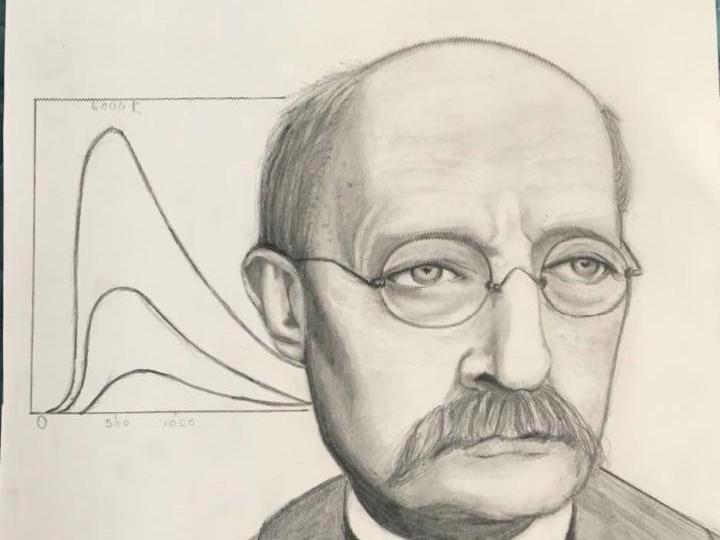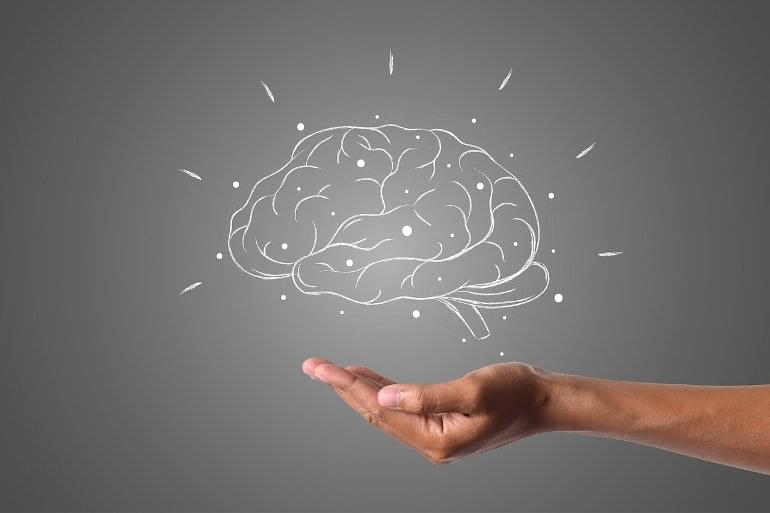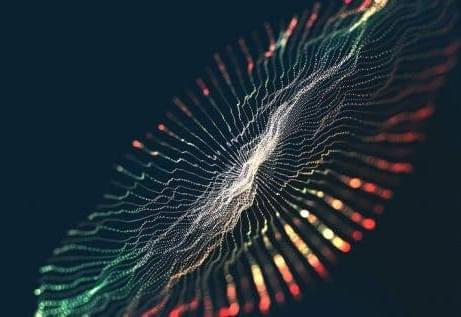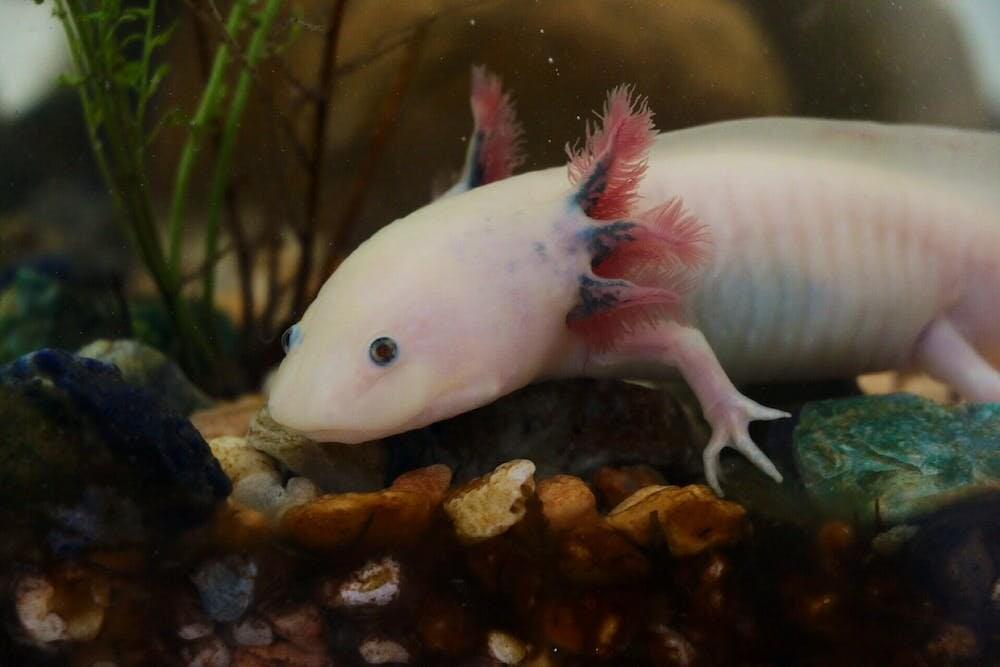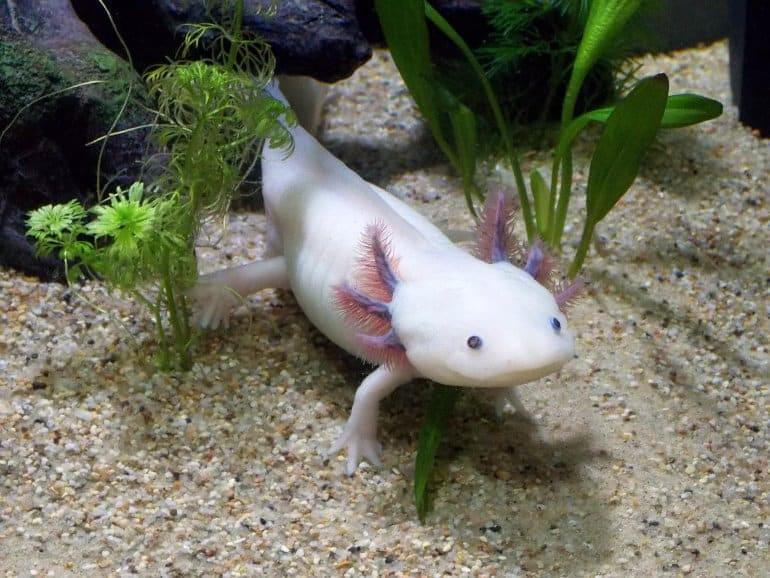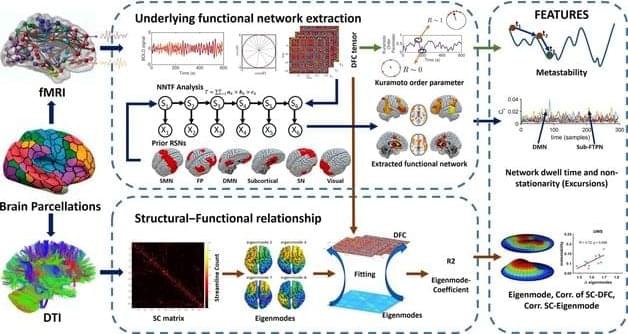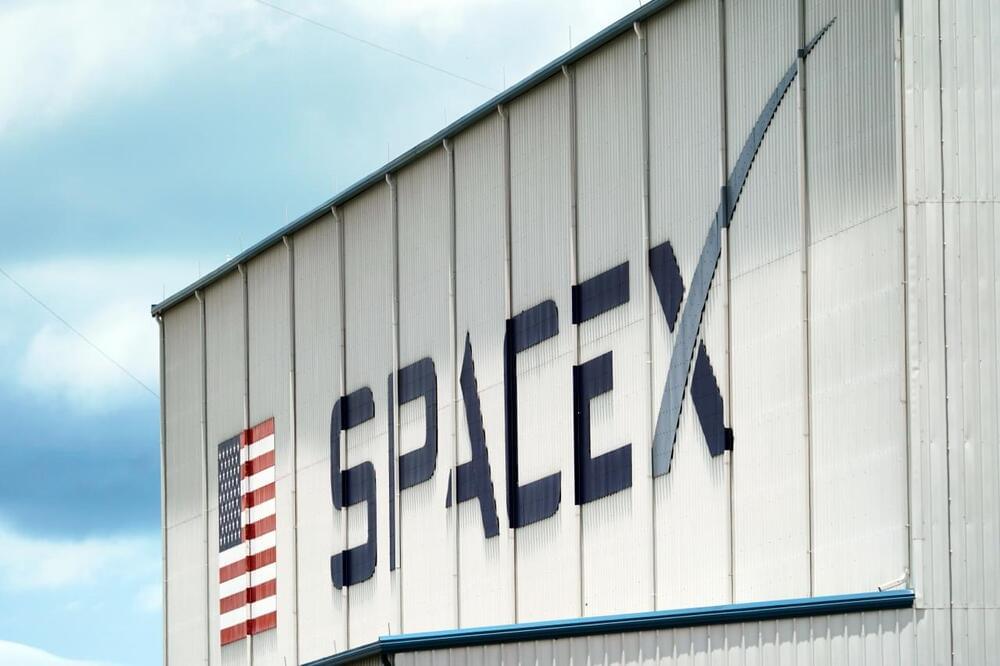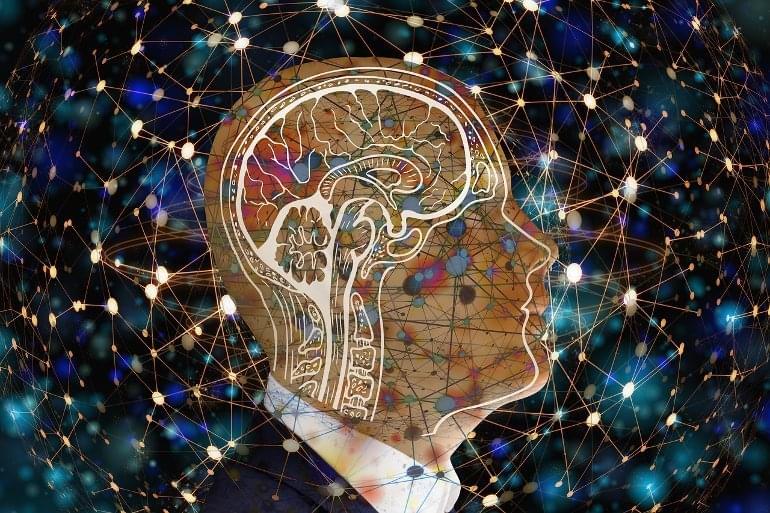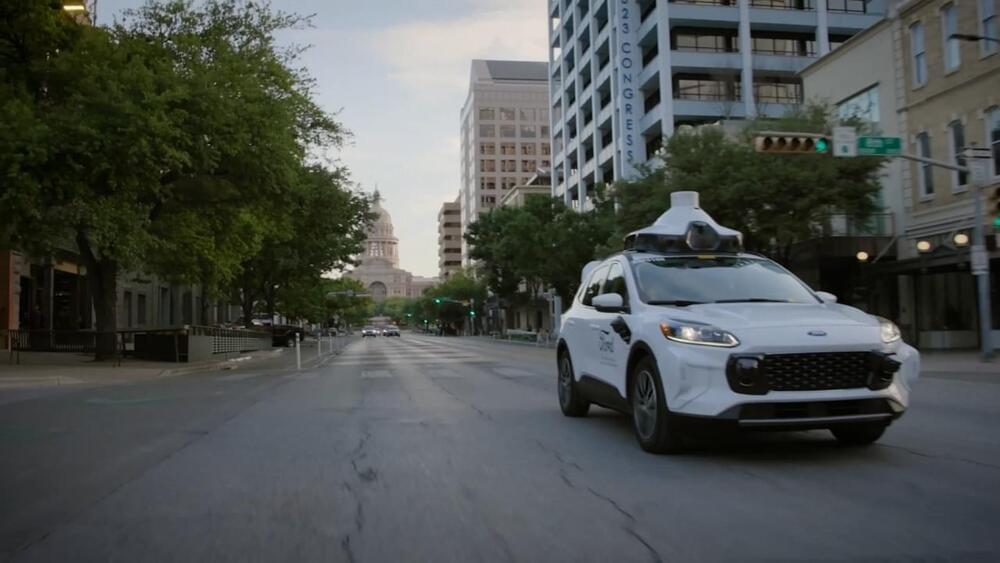Sep 3, 2022
The interaction between energy and matter, nothing less than a quantum
Posted by Dan Breeden in categories: computing, health, particle physics, quantum physics
Some of us, when we hear the word quantum (plural quanta, from the German word Quanten), might think of health supplements, a sports car, or even the television show Quantum Leap. More recently, in Marvel Studios movies such as Ant-Man, Doctor Strange, and Avengers: Endgame, “the quantum realm” is presented where time flows differently from our ordinary reality and the Avengers may use the subatomic world “to go back in time”, a world that “is smaller than a single atom” (Woodward, 2019, para.20)
We might have also seen or known the meaning of words such as quantum mechanics, quantum computing, and quantum entanglement, but what is a quantum and how does it relate to our ordinary realm?
A quantum is a word that refers to “how much”; it is a specific amount. For example, if the speed of your car happens to be quantized in increments of 10 mph, then as you accelerate your car from 10 mph, the speed will jump to 20 mph, without passing through any speed between 10 mph and 20 mph. A speed of 12 mph or 19 mph is excluded because the speed of your car can only exist in those increments of 10 mph.
